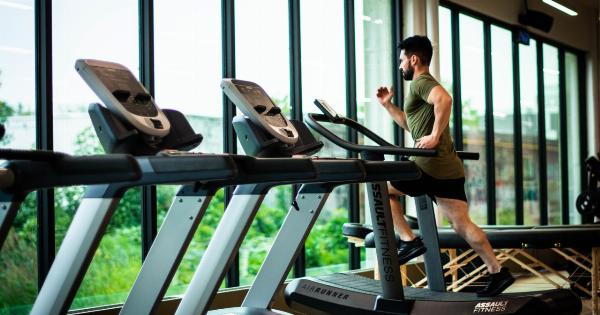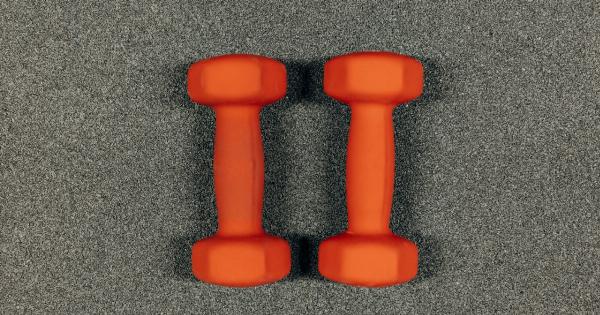Pregnancy is an exciting time for women as they prepare for the arrival of their little bundle of joy. However, pregnancy can also come with its own set of challenges, and one of them is constipation.
This is a common issue for pregnant women and can make going to the bathroom a difficult and uncomfortable experience.
Constipation during pregnancy occurs due to hormonal changes, an increase in progesterone levels, which slows down the digestive tract, making it harder for the body to process waste.
Additionally, as the uterus expands to accommodate the growing fetus, it puts pressure on the bowel, further slowing down bowel movements.
In this article, we’ll discuss tips and tricks to help you deal with pregnancy constipation effectively.
Drink Plenty of Water
Drinking enough water is essential for good health, and it’s even more important when you’re pregnant and experiencing constipation. Water helps keep your stool soft and easy to pass.
It also helps to flush waste out of your body, keeping your digestive system healthy.
The Institute of Medicine recommends that pregnant women drink at least ten 8-ounce cups of water every day. However, if you’re experiencing constipation, increasing your water intake can help you alleviate the issue.
Eat Foods Rich in Fiber
Fiber is an essential nutrient that helps keep your digestive system healthy and functioning properly. Eating fiber-rich foods such as fruits, vegetables, whole grains, and legumes can help prevent constipation.
Fiber adds bulk to your stool, helping it move through your digestive system more easily.
Include foods such as avocado, almonds, beans, lentils, broccoli, pears, and raspberries, in your daily diet. Foods high in fiber can also help you feel fuller for longer, reducing the temptation to overeat and exacerbate the problem of constipation.
Avoid Foods That Can Cause Constipation
Just as eating fiber-rich foods can help alleviate constipation, some foods can worsen the problem. These foods include processed foods, fast foods, red meat, cheese, and fried foods.
These types of foods are harder for your body to digest and can increase constipation.
Other foods that can contribute to constipation include bananas, white rice, and white bread. While these foods are not all unhealthy, including too much of them in your diet can worsen constipation.
Stay Active
Staying active during pregnancy can help alleviate constipation and improve your overall health. Exercise helps stimulate your digestive system, making it easier for you to pass stool.
Additionally, regular exercise can help reduce stress, which can make constipation worse.
You don’t have to engage in rigorous exercise to see the benefits. Low-impact exercises such as walking, swimming, or yoga can help you stay active and keep your digestive system functioning properly.
Use a Squatting Position
The way you sit on the toilet can also contribute to constipation. Sitting in a slouching position can make it harder for your body to pass stool. Instead, try squatting on the toilet by raising your feet on a stool.
This position can help align your lower intestine, making it easier for you to have a bowel movement.
Consider Taking a Stool Softener
If lifestyle changes and dietary adjustments don’t alleviate your constipation, consider taking a stool softener. These medications can help soften stools, making them easier to pass.
However, you should only take stool softeners under your doctor’s supervision as some can be unsafe during pregnancy.
Speak to Your Doctor
If you’re experiencing persistent constipation, it’s essential to speak to your doctor. They may be able to provide additional advice or medication to help alleviate the issue.
Constipation during pregnancy is relatively common, but it’s crucial to address it and ensure it doesn’t put your health or your baby’s health at risk.
Conclusion
Incorporating the above tips and tricks into your daily routine can help alleviate constipation during pregnancy.
Drinking enough water and eating fiber-rich foods can help keep stool soft and easy to pass, while avoiding foods that can cause constipation and staying active can contribute to better digestive health.
If you’re experiencing persistent constipation, talk to your doctor and consider taking a stool softener under their guidance. By prioritizing your digestive health, you can enjoy a smoother and more comfortable pregnancy experience.































